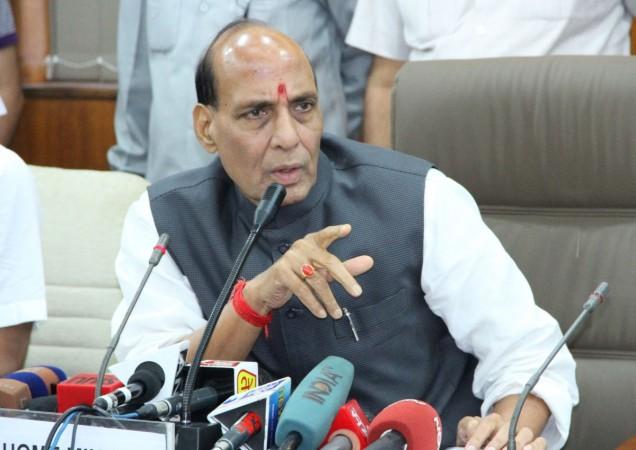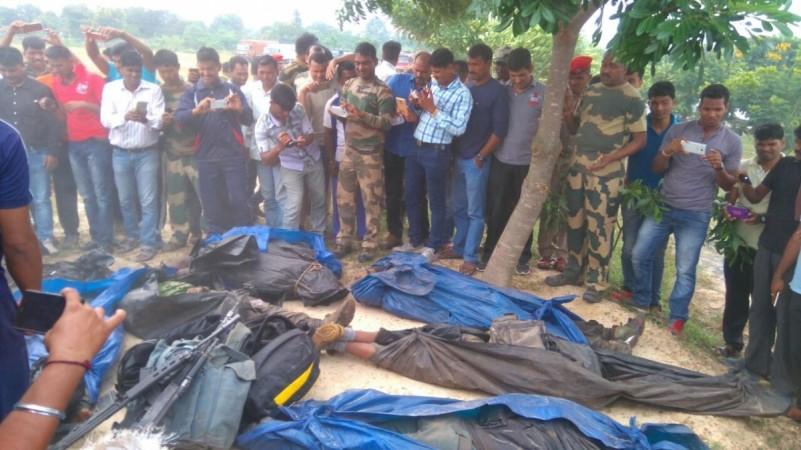
Union Home Minister Rajnath Singh has mooted some hi-tech solutions to fight the Maoist menace which is plaguing India. He has suggested the use of technologies and gadgets like unmanned aerial vehicles (UAVs, also known as drones), pan-tilt-zoom (PTZ) cameras, GPS tracking and thermal imaging to track Naxalite movement in states like Odisha, Chhattisgarh, Jharkhand and Maharashtra.
Singh was talking to reporters on Sunday (May 7) when he made these and other statements on combating Left-wing Extremism (LWE) in India. He had just chaired a meeting in this regard with officials and chief ministers of Andhra Pradesh, Bihar, Chhattisgarh, Jharkhand, Maharashtra, Madhya Pradesh, Odisha, Uttar Pradesh, Telangana and West Bengal.
After the meeting, Singh told reporters: "India is the largest democracy in the world, and LWE groups are trying to weaken the democracy in the country." He added that the groups would "never succeed in suppressing democracy and development in the country."
Singh went on to add: "Technologies pertaining to space, IT and communication should be used on a greater scale to counter the LWE problem. We need to use UAVs [drones], PTZ cameras, GPS tracking, thermal imaging, and Radar and satellite images [to do that]."
He also told reporters: "The whole country is agitated over the martyrdom of 25 CRPF [Central Reserve Police Force] personnel in Sukma... I am convinced that the martyrdom of of our security forces will not go in vain. The day is not far when this mindless violence will end."

Singh also dwelt on the timing of actions being taken on Naxalites, saying: "LWE cadres are constantly trying to inflict losses on security forces to boost the morale of their cadres. Today we need to consider whether to react only after the occurrence of any incident or [whether] we should be more proactive."
And in a sort of confirmation of the conditions our security forces have to live in — something quite a few of them have highlighted in videos and complaints, Singh said there was a need for better training facilities and regular provision of basic amenities for the forces on the ground. He said: "The residential camps of security forces should be well-equipped with power and water facility and better connectivity."

















